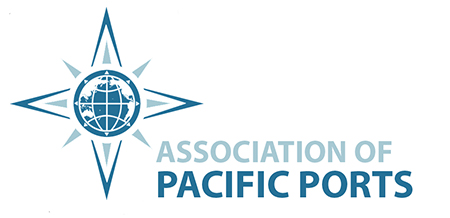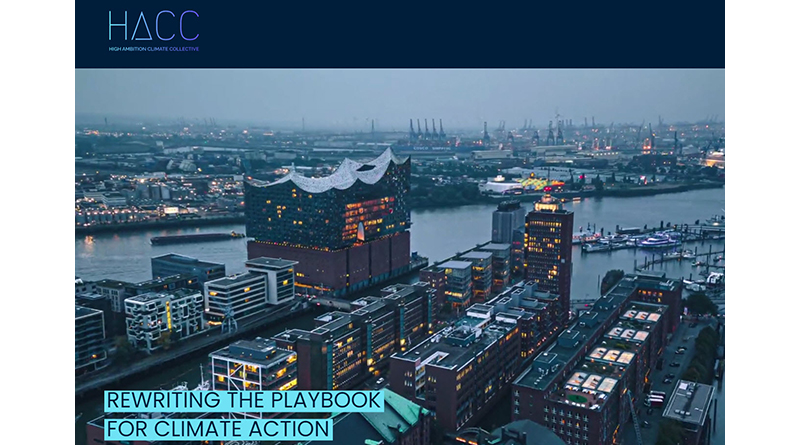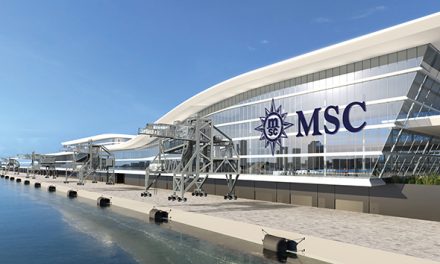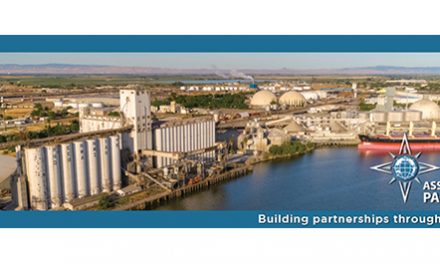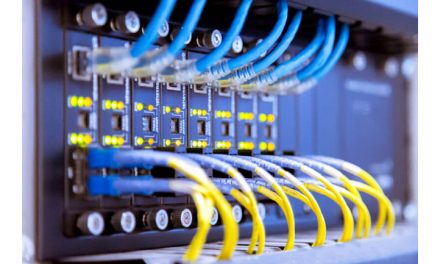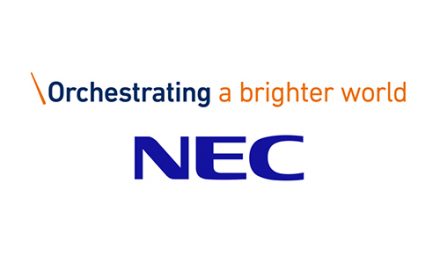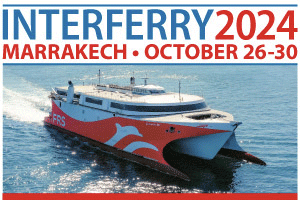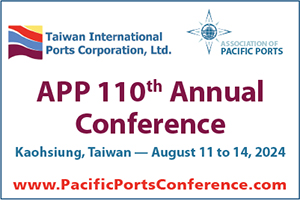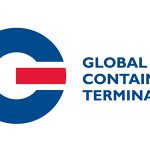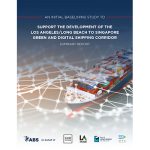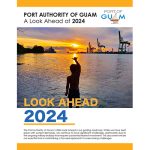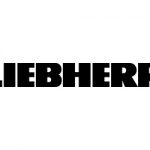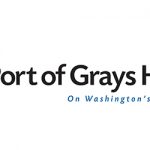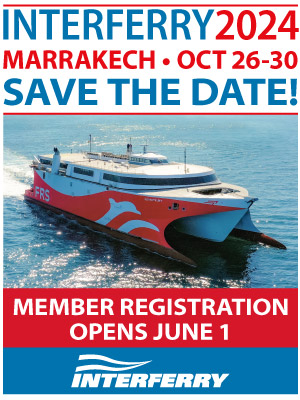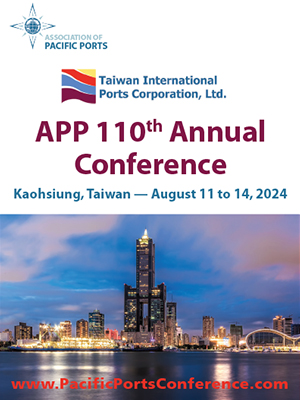April 2, 2204 — The High Ambition Climate Collective (HACC) for Ports held its first convening and workshop in San Francisco on March 25-26. This barrier-breaking event brought together a diverse group of policy leaders, industry experts and innovators from across the port and maritime sector to collaborate on proactive approaches and actionable strategies for climate action at ports.
EVENT HIGHLIGHTS
Over two intensive days, participants engaged in dynamic discussions and working groups focused on three critical themes: policy levers, technological innovation and financing sustainable development at ports. The workshop emphasized the importance of collaborative action and cross-sectoral partnerships, showcasing the collective ambition of industry stakeholders to drive meaningful climate action.
The event opened with a site visit to America’s first hydrogen-powered ferry, the Sea Change, moored at San Francisco’s Pier 9. Led by SWITCH Maritime LLC’s COO, Elias Van Sickle, the tour offered participants a unique opportunity to experience sustainable maritime technologies firsthand, providing attendees with real-time insights into sustainable port operations and the practical use-case for innovative technologies. This immersive experience set the stage for the subsequent sessions, where participants worked together to identify challenges and opportunities in the sector, share best practices and develop actionable solutions to fast track the shipping industry to a zero-emission future.
- HIGH AMBITION LEADERS
The HACC for Ports Workshop brought together an impressive collective of industry leaders, including:
Commissioner Kristin Ang, President of the Port of Tacoma Commission and Managing Member of the Northwest Seaport Alliance, who is advancing environmental and social governance and climate action as a key port policy maker in the Pacific Northwest. - Adam Browning, Executive Vice President of Policy & Communications, Forum Mobility, an industry leader for charging depots and heavy-duty electric trucks for zero-emission drayage.
- Kristin Cooper Carter, Founder and CEO, Grant Management Associates, a federally recognized Women-Owned, State Certified Small Business in California that specializes in funding identification, grant development, technical writing courses, and strategic planning for corporations, nonprofits and municipalities.
- Ellie Dean, Senior Civil Engineer, Arup, who contributes key technical civil engineering and project and design management experience from multi-disciplinary maritime, highway, rail, aviation and site development projects in both Australia and the U.S.
- Bonnie Nixon, Director of Sustainability, Long Beach Container Terminal, who is leading the transformation of two aging shipping terminals into the greenest, most technologically advanced container terminal in the world through the LBCT Pier E redevelopment project.
Additional leaders included Ann Lee Carpenter, CEO of Braid Theory; Jahmese Myres, Port of Oakland Commissioner;* Sandy Naranjo, Port of San Diego Commissioner; U.S. Coast Guard Sector SF Chief of Prevention, Commander Krysia Pohl and others.
* for identification purposes only
Reflecting on the workshop, Cassidy Fisher, Program Director For Joint Innovation, Washington Maritime Blue said: “Gathering diverse voices from across the sector and region, the workshop emphasized the urgency of addressing climate change and promoting sustainable practices within our ports and maritime operations. By fostering collaboration, education, and innovation, we can unlock the full potential of the Blue Economy while safeguarding our oceans for generations to come. It was a pleasure to share space and explore action-oriented methods for advancing the sector, such as Maritime Blue’s cluster model, with so many leaders.”
Port of Tacoma Commission President Kristin Ang added: “I consider the HACC Ports workshop to be an invaluable experience. Over the course of two days, I deepened my understanding of the intersection between environmental stewardship and economic development within our industry. Engaging with leaders from diverse backgrounds—including the US Coast Guard, fellow port commissioners, engineers, grant writers, clean energy companies, and Blue Economy experts—offered valuable insights and opportunities for collaboration. The inaugural convening has left me even more inspired to drive positive change in our industry. My heartfelt appreciation goes to the organizers and fellow participants for fostering a collaborative and impactful environment.”
NEXT STEPS
The Collective jumpstarted the development of an action-oriented toolkit that will help port ecosystem stakeholders navigate climate action planning, development and implementation. This toolkit will include a policy framework, a centralized hub for knowledge exchange and resources to help ports access funding. Port ecosystem stakeholders interested in contributing to the toolkit can connect with HACC at www.hacc.world.
